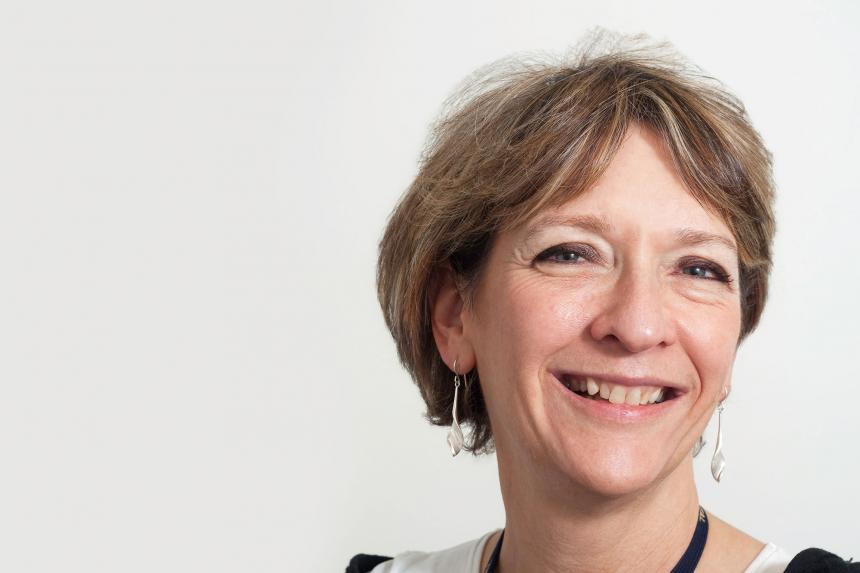Spotlight on Professor Marianne Chapman

Professor Marianne Chapman and her team have been awarded $1,233,268 to lay the groundwork for understanding the role of protein in the nutritional support of patients with critical illness, which will help them to later establish the optimum amount and type of protein to improve muscle strength, functional outcomes and survival.
What does your research involve?
Each year around 130,000 Australians are admitted to an intensive care unit (ICU) and 10% of them are dead within three months. Of those who survive, many leave hospital wasted and malnourished and can take months to recover their previous function. Nutritional support is crucial for optimal outcomes following critical illness, including survival. Almost all mechanically ventilated patients receive liquid nutrition via a stomach tube. However, little is known about how to best constitute the liquid nutrient formulae. There is current interest in the amount of protein that should be administered for best outcomes, but there is little evidence on which to base prescription. It is not even fully understood how protein is handled by the body during critical illness.
This experienced and highly productive group of researchers (most investigators based at Centre of Research Excellence for Nutrition based at the Royal Adelaide Hospital) plan to undertake a three-year program, performing a number of interrelated studies in patients with critical illness—the aim of which will be to ascertain protein absorption and kinetics, and the relationship between protein intake and muscle histopathology in critically ill patients. The goal is to lay the groundwork for an understanding of protein in the nutritional therapy of critically ill patients which will help us to later establish the optimum amount and type of protein to improve muscle strength, functional outcomes and survival. This research expands on work I’ve been doing for many years, looking at nutrition and gut function in ICU patients.
Tell us about your team
Our team is multidisciplinary. I am an intensive care specialist (a doctor); as is Dr Deane. Dr Lee-anne Chapple is a dietitian, Dr Stijn Soenen is a scientist and Professor Luc van Loon is a researcher in Maastricht, the Netherlands, who is working with us. We also have other scientists and ICU nurses and doctors involved.
What are you excited about as part of this study?
There are many exciting aspects to this study. The most rewarding thing is to be working with really sick patients to improve their quality of life after critical illness.
Another interesting aspect is our collaboration with Professor Luc van Loon. He has developed a new way of measuring protein absorption. He feeds a labelled amino acid to cows and then we use the milk to create a labelled protein which we can give our ICU patients through a tube into their stomach. Using the label we can then measure the rate of absorption and also the incorporation of that protein into muscle.
I am also encouraged by how generous and interested the Australian public are in medical research. Our patients are usually not conscious and we get consent for patients to be involved in our research from family members. Despite the tense and stressful situations they are in they are almost always prepared to listen to our explanations of our work and many are happy for their relatives to take part.
